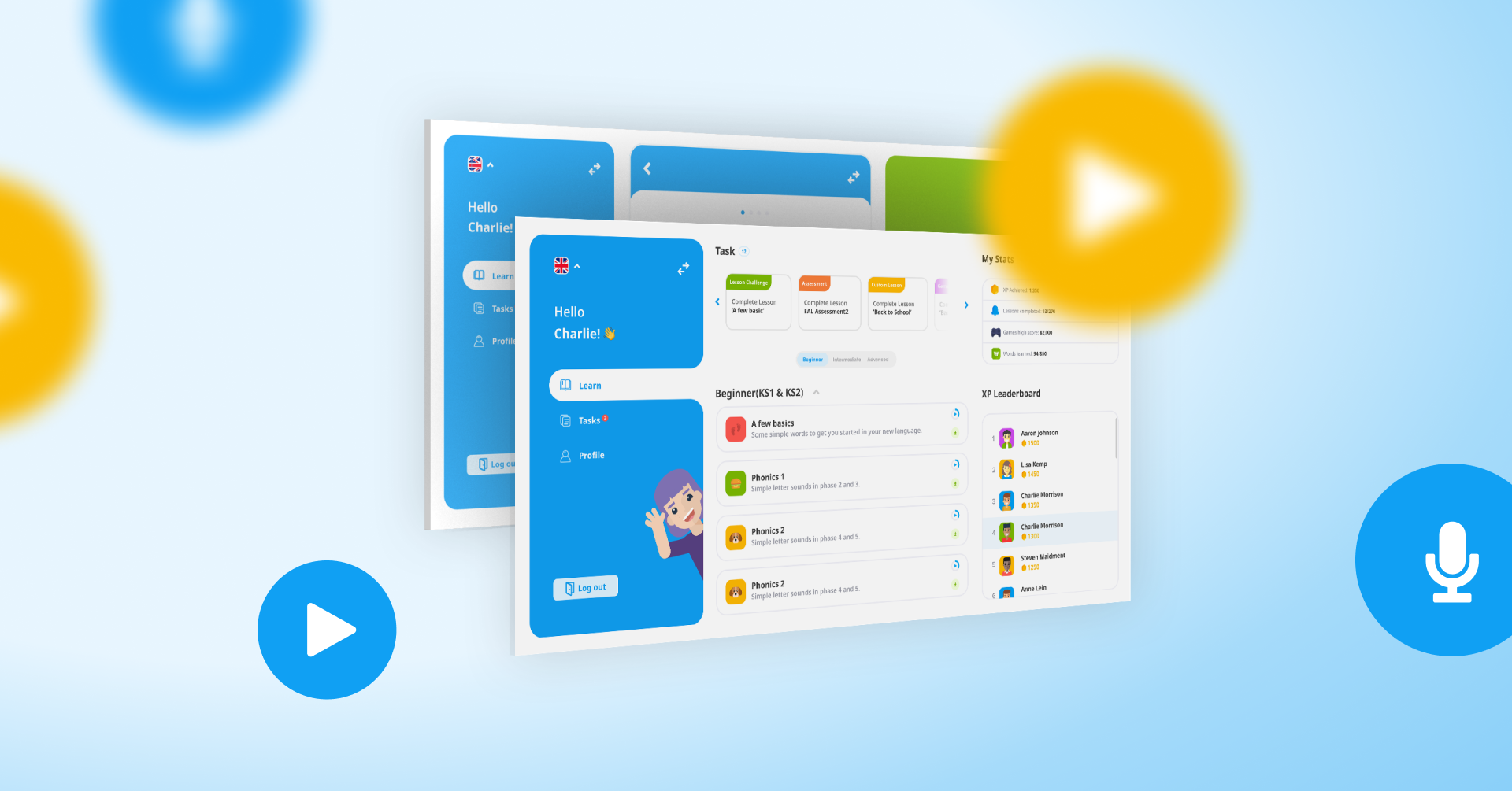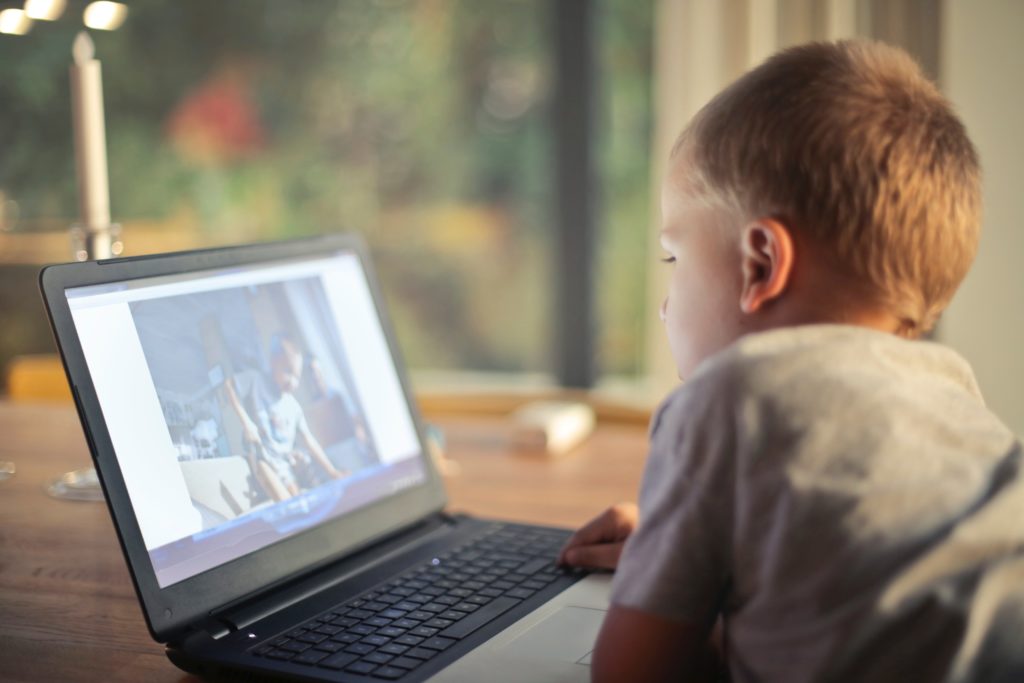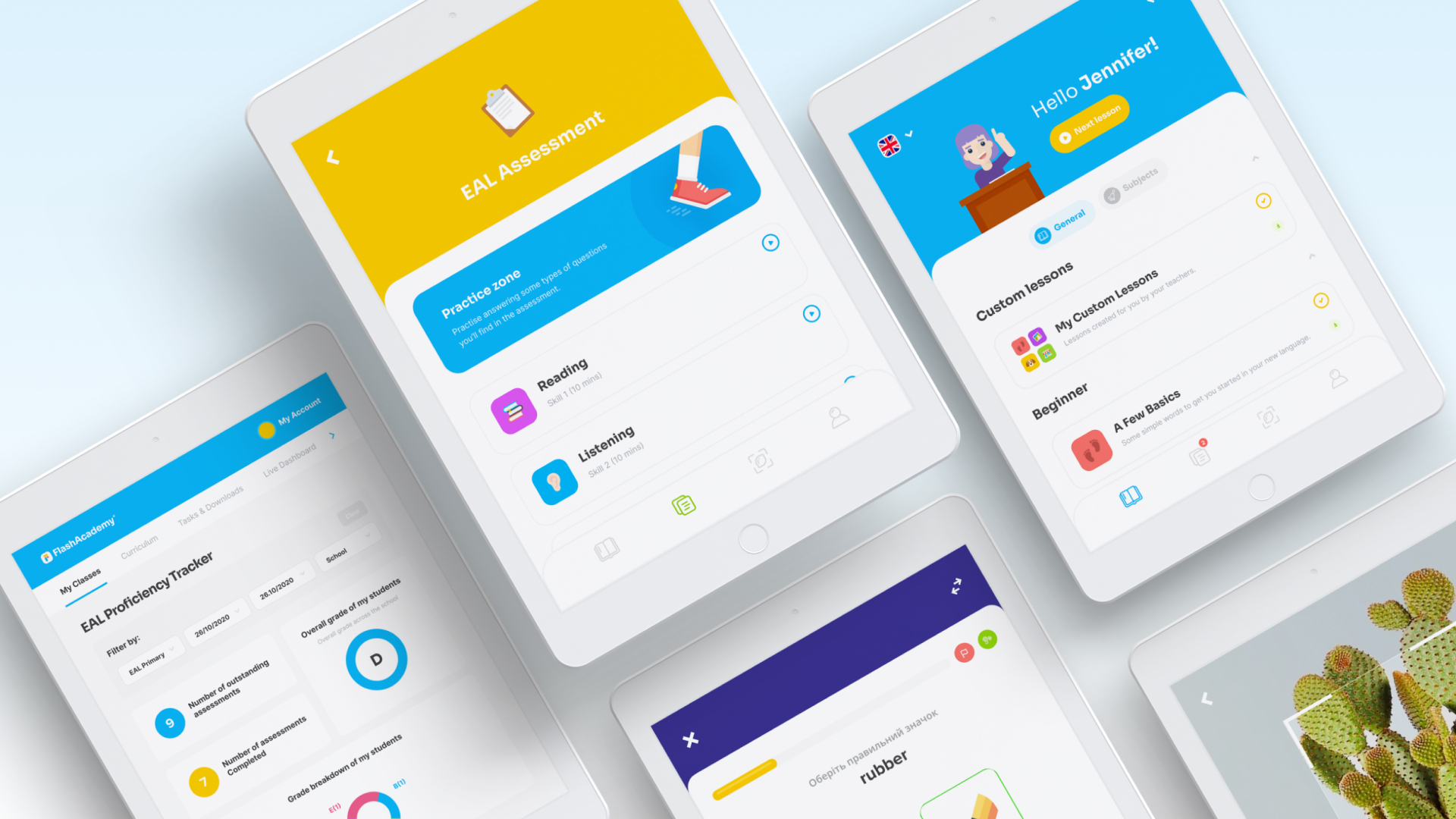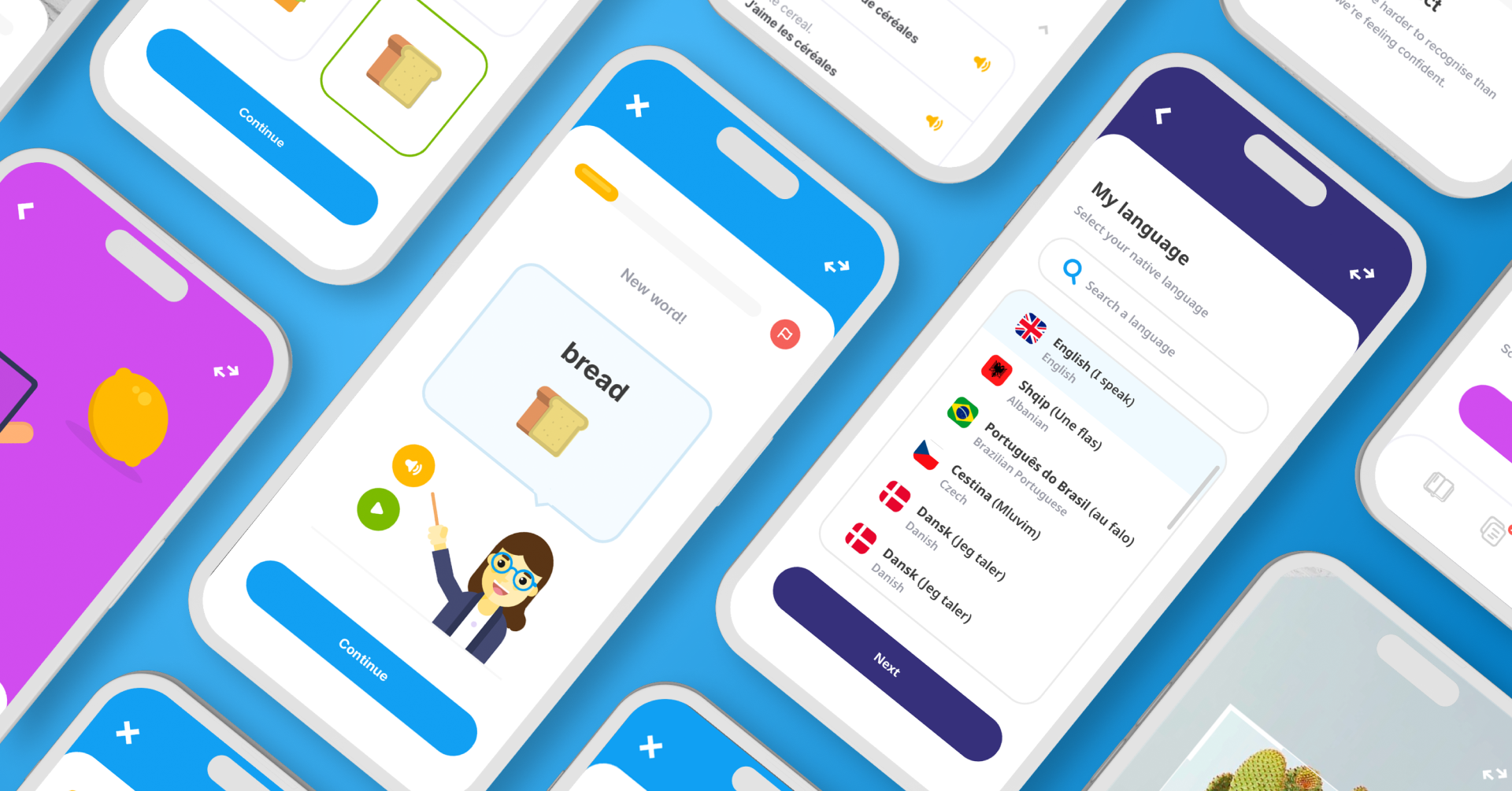

Nowadays, we don’t often expect pupils to sit still and quietly by themselves for a whole lesson, let alone for a whole day, week or month. The experience of learning independently will be completely new for most pupils and especially challenging for younger pupils. If you’re looking for distance learning ideas to help keep your pupils motivated, there are some ways that you can try to keep pupils on task and maintain learning momentum at a distance.
Consider how best to use their time
We have school timetables for a reason, so there’s no need to abandon the concept entirely. Total freedom with time is likely to overwhelm a lot of pupils who have not yet developed the ability to structure their own time without heavy supervision. Of course, it’s important to continue to monitor their activities and set regular check-ins, either with pupils directly using your LMS, or perhaps via their parents using technology like Zoom.

However, a certain amount of flexibility in timings is not only necessary but could also be beneficial. If you know your teenage pupils struggle with early mornings, they may prefer to start their schoolwork slightly later than usual and finish later. Pupils who need longer to complete work are at leisure to do this without the pressures of the bell ringing or everyone on their table being finished before them, and those who benefit from completing extension tasks can do this without feeling like they’re being forced to complete more work than their peers.
Set concrete targets
Make it clear exactly which activities you expect each pupil to complete and how much time they should spend on them. With FlashAcademy®, you can assign pupils certain lessons to complete and easily view when they have completed them in the app. You can use these project packs in conjunction with in-app lessons to give your pupils some structure. Specify which project and which activity you would like them to focus on. You could personalise this to different pupils, perhaps by asking your talented creative writers to complete ‘Activate your Imagination’ activities, or by pulling out some of the grammar activities in ‘All About EAL’ for those who need some reinforcement in grammar. Each activity listed on the contents page of these packs suggests an extension activity marked with a star for higher proficiency EAL learners or those who like a challenge.
Maintain peer interaction
There’s no reason to cut out group or pair work from your activities completely. Older pupils are probably already familiar with using WhatsApp group chats, so it’s not such a stretch to think that they could be persuaded to work together using a website like Padlet to complete a project. Collaboration and sharing ideas through distance learning is a skill that pupils will have to develop as they reach university, so encouraging this now will give them a head start, as well as keep them in touch with their friends and increase accountability. You can continue to foster a sense of friendly competition by drawing attention to our Live Leaderboard and sharing with pupils and parents at the end of the day.

Recognise and reward success
Just as pupils need to know their friends are also focusing on learning and not just playing computer games all day, it’s important that they know you are still paying attention to them. When pupils participate in activities online, provide concrete feedback through whichever channel you feel is appropriate. You can always experiment with the way you do this, as methods of feedback vary in effectiveness depending on the pupil. If you use an LMS with an audio feedback function, you may discover that this is particularly effective for some. Preferably,
make sure some of your feedback is public so that pupils see when you react to their classmates’ work and are encouraged to take part. Figure out a way to celebrate success from a distance. You can always ask pupils to suggest ideas; it might be enough for them to be told they can play a game for ten minutes. You could keep a record of house points that pupils bank up from afar and add them onto the official total when you return to school. Why not send out virtual certificates to parents? Keep the words of encouragement flowing from all angles.
Keep communication with parents open
Let them know when their children are participating, and if they’re not, ask why not? Share your distance learning ideas, offer guidance and strategies and make sure it is clear exactly what you expect their child to do. If you have video technology set up for your lessons, it might be a good idea to set a time to run a short webinar for parents to ask you questions together, rather than responding to multiple individual emails. Parents who are unable to attend could view a recording later.
Benefits of self-directed learning
Positive emotion can help embed learning into memory, so if pupils have freedom to choose the topic they are studying they may pay more attention to it and remember it better. We all know how easy it is to get lost in a Google black hole when researching a fascinating topic. You may find that pupils explore certain topics in much more depth than they would in the classroom – hopefully, it’s the topics you want them to focus on!
It’s a good idea to give pupils a range of options of tasks to explore within the same area, so you can keep pupils on track whilst incorporating an element of self-direction. Have a look at the EAL Pupil Podcast activity in our ‘All About EAL’ pack for an example of a range of questions that give pupils the freedom to choose to respond to what they are interested in whilst staying within a topic area.

Change it up!
Your pupils still need time to play and relax. Make sure that their parents are aware of this and suggest regular break times and distance learning ideas and activities that vary the pace and style of learning. Some parents may panic if their children are not writing essays, so try to convince them of the benefits of educational platforms that use games to help learning. FlashAcademy®’s mini-games review vocabulary whilst giving pupils a change of pace and increase motivation to continue.
Try to provide activities that link to areas of the curriculum which are at risk of being neglected in a home learning situation, like PE, Music, Art and Drama. The Challenges activity in our ‘The World Around Us’ project pack suggests a variety of activities with links to a range of different subjects, and you can also check out the curriculum content in the FlashAcademy® app. YouTube is an amazing source and you can find videos aimed at children on pretty much any topic. Try some yoga videos for kids, like this one, to help keep pupils physically and mentally healthy.
If you have any more ideas for teachers on how to keep pupils motivated at a distance, or tips about educational technology you’re using, share your thoughts on Twitter or the EAL Success Facebook page.

